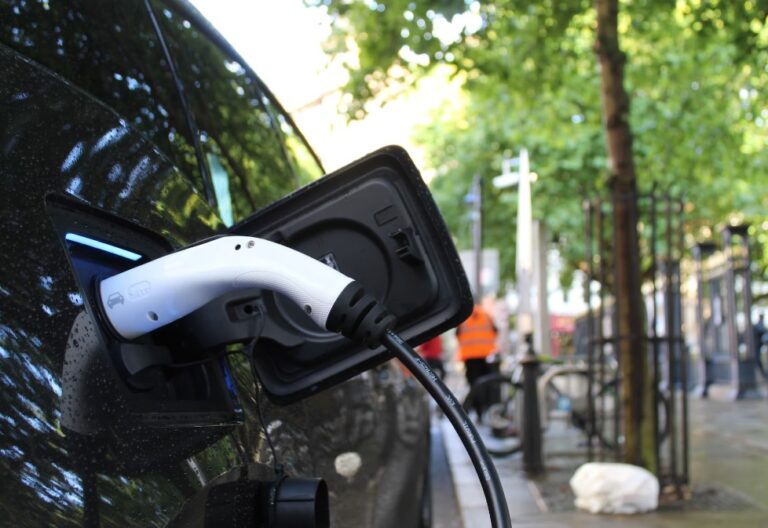In February 2035, the European Parliament imposed a cut-off date: the registration of gasoline and diesel cars will be banned throughout the Europe. This restriction also applies to hybrid vehicles with combustion engines. As a result, the only cars allowed will be those with zero emissions, i.e., electric cars.
This decision was further supported by the data in the list of Acea, the association of European manufacturers, collected in June 2023. For the first time, electric cars overtook diesel cars in terms of sales.
Table of Contents
Electric cars overtake diesel in Europe
In June, the number of registrations was 158,252, registering a remarkable 66.2 percent increase over the previous year. In this situation, all-electric vehicles achieved significant success, overtaking diesel and placing third, coming in only behind gasoline cars and electrified hybrid vehicles.
Two figures are particularly relevant in explaining the growing popularity of electric cars in Europe. 15.1 percent and 13.4 percent. 15.1 percent represents the market share of fully battery-powered electric vehicles (BEVs), while diesel stopped at 13.4 percent in the European Union. This result is a decisive overtaking, which also significantly narrows the gap between drivers’ power preferences.
Despite progress, the largest share of the European automobile market still remains firmly in the hands of gasoline cars, at 36.3 percent. However, the advancement of electric cars is evident and gaining ground, representing a significant trend in the European automotive sector.
European car market records 17.8 percent growth to June 2023
Acea reports that the European Union car market recorded a remarkable 17.8 percent growth in June 2023. Registrations totaled 1,045,073 units, up from 887,071 last year. Including the UK and EFTA countries, the number reaches 1,265,678, corresponding to an 18.7 percent increase over 2022.
This increase is attributable not only to the increased availability of vehicles at dealers. But also to recent improvements that indicate a recovery of the European automotive sector from supply disruptions caused by the pandemic.
However, Acea points out that volumes for the six-month period are still 21 percent lower than in 2019. The only exception is Hungary, which recorded a 1.4 percent decrease, while all other EU markets recorded growth. Notable among them are Germany (+24.8 percent), Spain (+13.3 percent), France (+11.5 percent) and Italy (+9.2 percent).
Read also: Electric cars, Sweden is building the first highway that can recharge them












